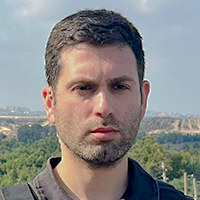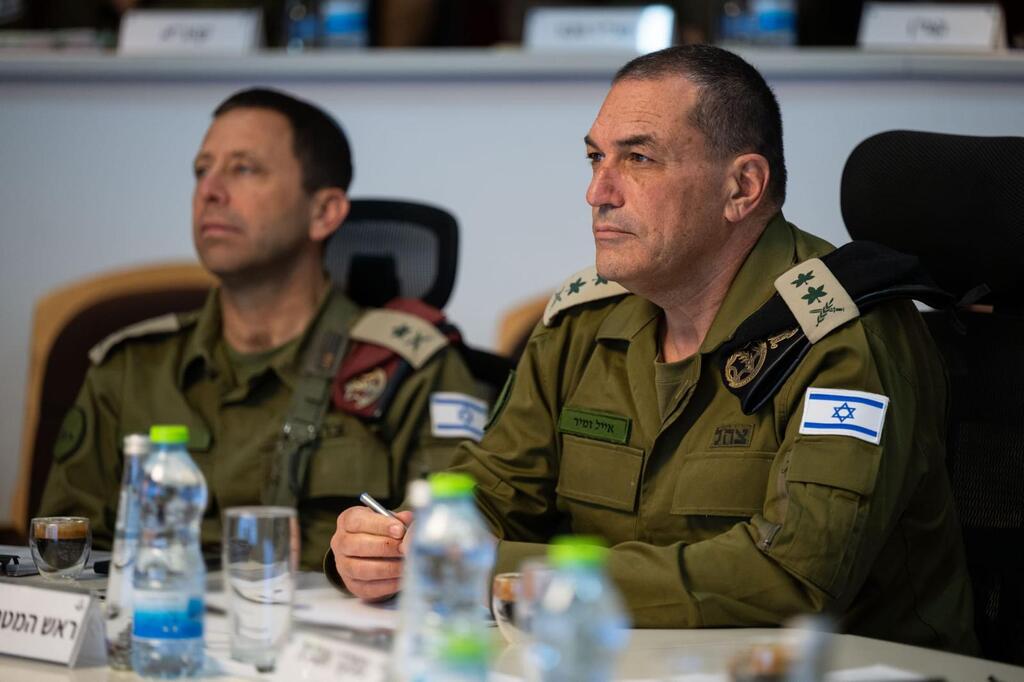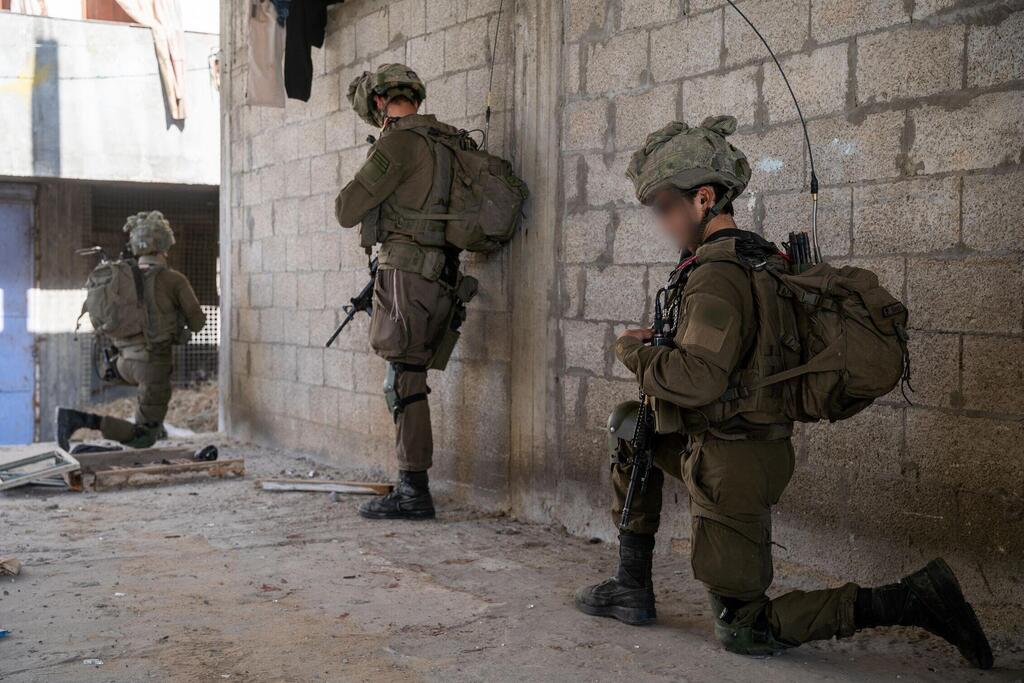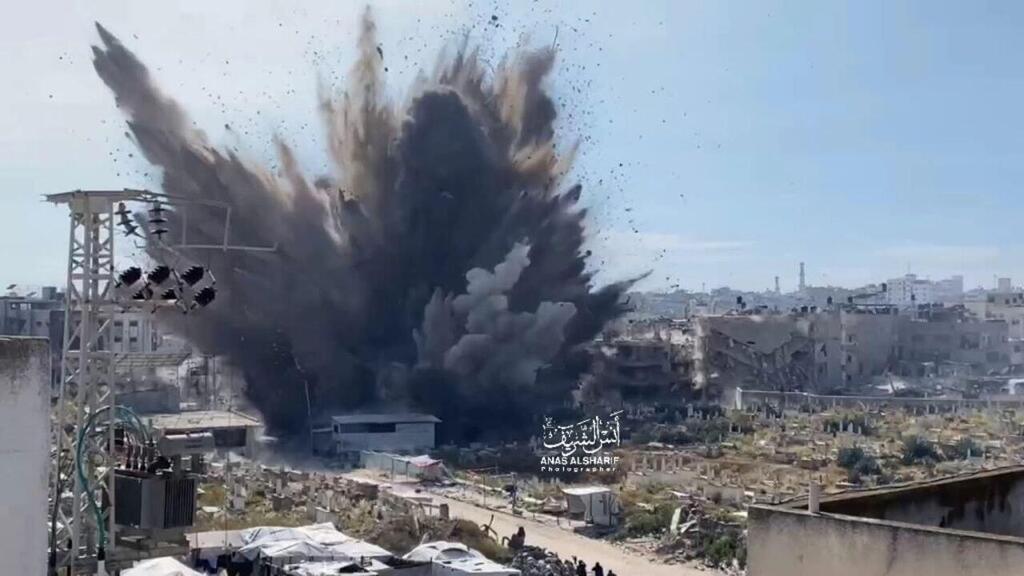Getting your Trinity Audio player ready...
Israel’s new military chief has warned the government that a shortage of combat soldiers could limit the army’s ability to carry out its political leadership’s ambitions in Gaza, amid ongoing fighting with Hamas that has stretched into its second year.
Lt. Gen. Eyal Zamir, who recently assumed command of the IDF, has told Prime Minister Benjamin Netanyahu and his cabinet that military-only strategies cannot fulfill all national objectives in Gaza, particularly in the absence of a complementary diplomatic track.
Zamir's warning reflects a growing disconnect between the military’s operational capacity and the government’s broader political aspirations, as the IDF continues limited ground operations under a scaled-down plan called “Mini Oranim.” The strategy focuses on expanding a buffer zone near the Gaza border while pressing Hamas to release more hostages or agree to improved terms in a potential deal.
“Zamir is not sugarcoating the facts,” a senior defense official said. “He’s telling the leadership to abandon some of their fantasies.”
The general’s remarks underscore the IDF’s reluctance to repeat what officials describe as past failures. Military gains made earlier in the war were eroded after the government declined to pursue political measures aimed at removing Hamas from power. Eighteen months into the conflict, the terror group continues to control most of the Gaza Strip.
Zamir is also maintaining the army’s policy of operational ambiguity. Journalists are not embedded with combat units, and public briefings are limited. As a result, global and domestic coverage has been dominated by controversial incidents, such as the killing of Palestinian medics and unverified reports of civilian casualties in Israeli airstrikes.
Military sources say the IDF aims to “act first and speak later” and to keep Hamas from gaining insight into Israeli intentions. Despite the restrained approach, Zamir reportedly supports a more decisive ground offensive aimed at defeating Hamas militarily—using different tactics from those employed before the last ceasefire, including surrounding key areas and inspecting civilians in stages.
However, a full reoccupation of Gaza could take many months, possibly years, and would require the reactivation of tens of thousands of reservists. Current reservist participation rates in combat units stand at 60% to 70%, according to the military—figures fully communicated to Netanyahu and senior ministers.
“There is concern those numbers won’t improve in the event of a broader offensive,” said the defense official.
Zamir also has updated the government on the IDF’s readiness for potential conflict on other fronts, including Iran and Lebanon, as well as concerns about equipment availability and tank and armored vehicle readiness.
The current strategy may suit some in the government. A prolonged, lower-intensity presence in parts of Gaza could provide short-term security for Israeli communities, reduce the demand for extended reservist deployments, and create opportunities to resettle areas seized during the fighting.
Meanwhile, Hamas is rebuilding. According to Israeli intelligence, the group still has approximately 20,000 fighters, including senior commanders. Hamas has reportedly smuggled in military equipment using drones, possibly launched from within Israeli territory.
The army is investigating whether any military-use items were among the humanitarian supplies airdropped into Gaza during the last ceasefire, which lasted two months. The IDF is also weighing internal calls for an inquiry into how commanders managed the broader ground campaign.
Get the Ynetnews app on your smartphone: Google Play: https://bit.ly/4eJ37pE | Apple App Store: https://bit.ly/3ZL7iNv
In a recent speech, Zamir acknowledged that Hamas has not been defeated—raising questions about the effectiveness of a military effort that initially enjoyed near-universal domestic backing and widespread international support.
In a statement, the IDF said: “We do not comment on discussions held behind closed doors. The IDF is preparing for a range of developments in the war, including the potential mobilization of reservists to expand operations in Gaza. We will not disclose further details for security reasons.”
First published: 08:26, 04.14.25





